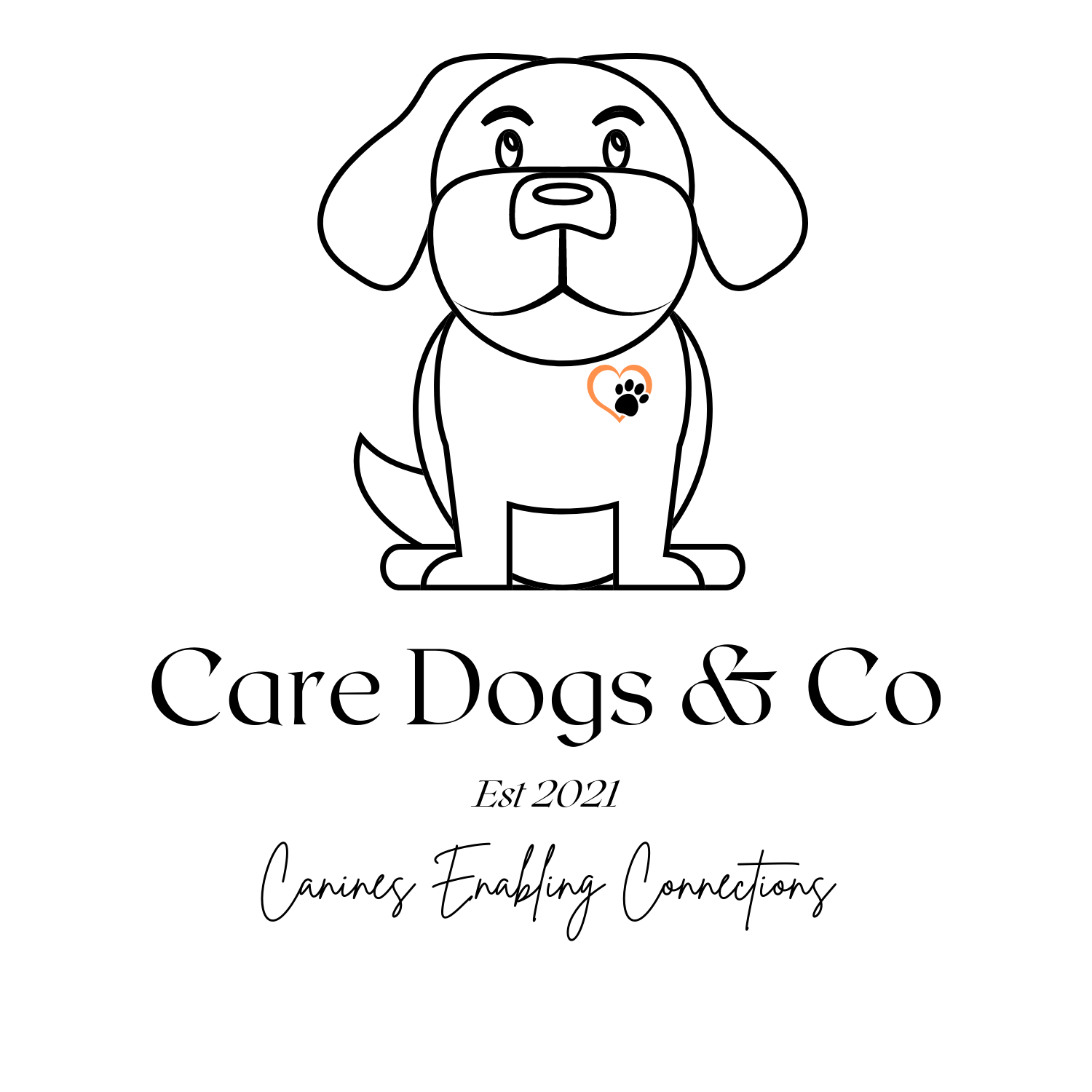
Disability Discrimination Act (DDA) 1992
Disability Discrimination Act (DDA) 1992
The only law which applies without exception is Australian Federal Law.
This is the Disability Discrimination Act, 1992.
Sections 9.2 and 54a apply specifically to assistance dogs.
In section 9, sets out the legal definition of an Assistance Animal as a dog or other Animal that: (a) is accredited under a State or Territory law to assist a person with a disability to alleviate the effects of disability;
or (b) is accredited by an animal training organisation prescribed in the regulations;
or (c) is trained to assist a person with a disability to alleviate the effects of the disability and meets standards of hygiene and behavior that are appropriate for an animal in a public place
(1) This section applies in relation to a person with a disability who has an assistance animal. Note: For when a person with a disability has an assistance animal , see subsections 9(2) and (4).
(2) This Part does not render it unlawful for a person to request or to require that the assistance animal remain under the control of: (a) the person with the disability; or (b) another person on behalf of the person with the disability.
(3) For the purposes of subsection (2), an assistance animal may be under the control of a person even if it is not under the person's direct physical control.
(4) This Part does not render it unlawful for a person (the discriminator ) to discriminate against the person with the disability on the ground of the disability, if: (a) the discriminator reasonably suspects that the assistance animal has an infectious disease; and (b) the discrimination is reasonably necessary to protect public health or the health of other animals.
(5) This Part does not render it unlawful for a person to request the person with the disability to produce evidence that: (a) the animal is an assistance animal; or (b) the animal is trained to meet standards of hygiene and behaviour that are appropriate for an animal in a public place.
(6) This Part does not render it unlawful for a person (the discriminator ) to discriminate against the person with the disability on the ground that the person with the disability has the assistance animal, if: (a) the discriminator requests or requires the person with the disability to produce evidence referred to in subsection (5); and (b) the person with the disability neither: (i) produces evidence that the animal is an assistance animal; nor (ii) produces evidence that the animal is trained to meet standards of hygiene and behaviour that are appropriate for an animal in a public place.
(7) This Part does not affect the liability of a person for damage to property caused by an assistance animal.
Owners of assistance dogs have the right to take their animals into all public places and onto public transport, including buses and trains. The Commonwealth Disability Discrimination Act 1992 makes it unlawful to discriminate against a person with a disability who is using an assistance dog.

